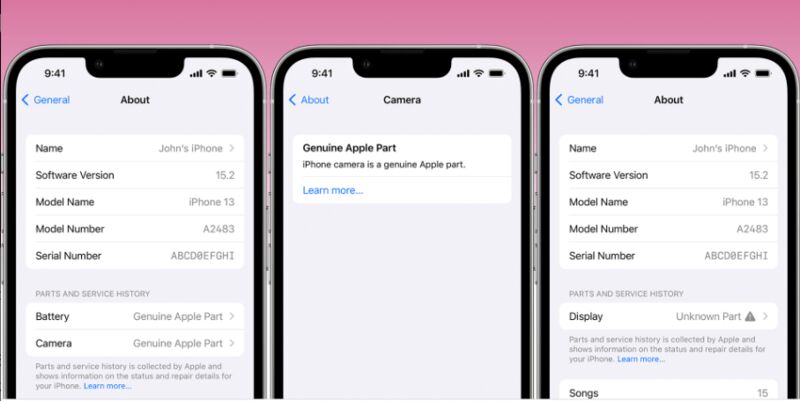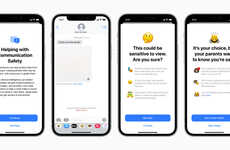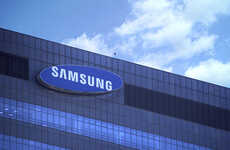
iPhone iOS 15.2 Will Automatically Detect Modified Hardware Components
Colin Smith — December 10, 2021 — Tech
Apple is debuting a hardware-verifying feature on its newest iOS update 15.2. This feature will automatically detect certain pieces of non-OEM hardware on iPhone models. The newest iPhone 12 and 13 models will be able to detect several modified hardware pieces automatically, including the screen, battery, camera, and more. Certain older models from the mid-2010s will only be able to identify modified screens or batteries.
With this new update, Apple is making it more difficult to repair and resell iPhones with aftermarket hardware, as the OEM verification process potentially disables some inbuilt iOS features, such as Face ID. However, Apple is beginning to sell official iPhone components for self-repair in shops or at home, which will prevent these iOS features from being disabled when used.
Mobile phone manufacturers licensing products to home operators and repair shops are not uncommon, but this is a new business venture for the super corporation Apple.
Image Credit: Apple
With this new update, Apple is making it more difficult to repair and resell iPhones with aftermarket hardware, as the OEM verification process potentially disables some inbuilt iOS features, such as Face ID. However, Apple is beginning to sell official iPhone components for self-repair in shops or at home, which will prevent these iOS features from being disabled when used.
Mobile phone manufacturers licensing products to home operators and repair shops are not uncommon, but this is a new business venture for the super corporation Apple.
Image Credit: Apple
Trend Themes
1. Hardware Verification - Apple is disrupting the aftermarket repair market with its hardware-verification feature, which can detect non-OEM hardware components on iPhones, making it more difficult to repair and resell iPhones.
2. Self-repair Components - Apple is providing official self-repair components for iPhones that will enable users to maintain their devices without disabling inbuilt iOS features.
3. Product Licensing to Repair Shops - Mobile phone manufacturers like Apple may potentially start licensing their products to repair shops, providing an opportunity for repair and service providers to partner with them.
Industry Implications
1. Mobile Phone Manufacturing - Mobile phone manufacturers can start incorporating hardware-verification features in their products making the aftermarket repair market more difficult for third-party repair shops.
2. Electric and Electronics Repair and Maintenance - Third-party repair shops may have to shift their focus to other electronic devices or invest in new tools to work with after-market hardware as iPhone repair becomes more challenging.
3. Retail Sales - Apple stores can provide new revenue streams by stocking and selling licensed OEM components for home repairs or third-party repair shops.
2.4
Score
Popularity
Activity
Freshness























